Featured Resource
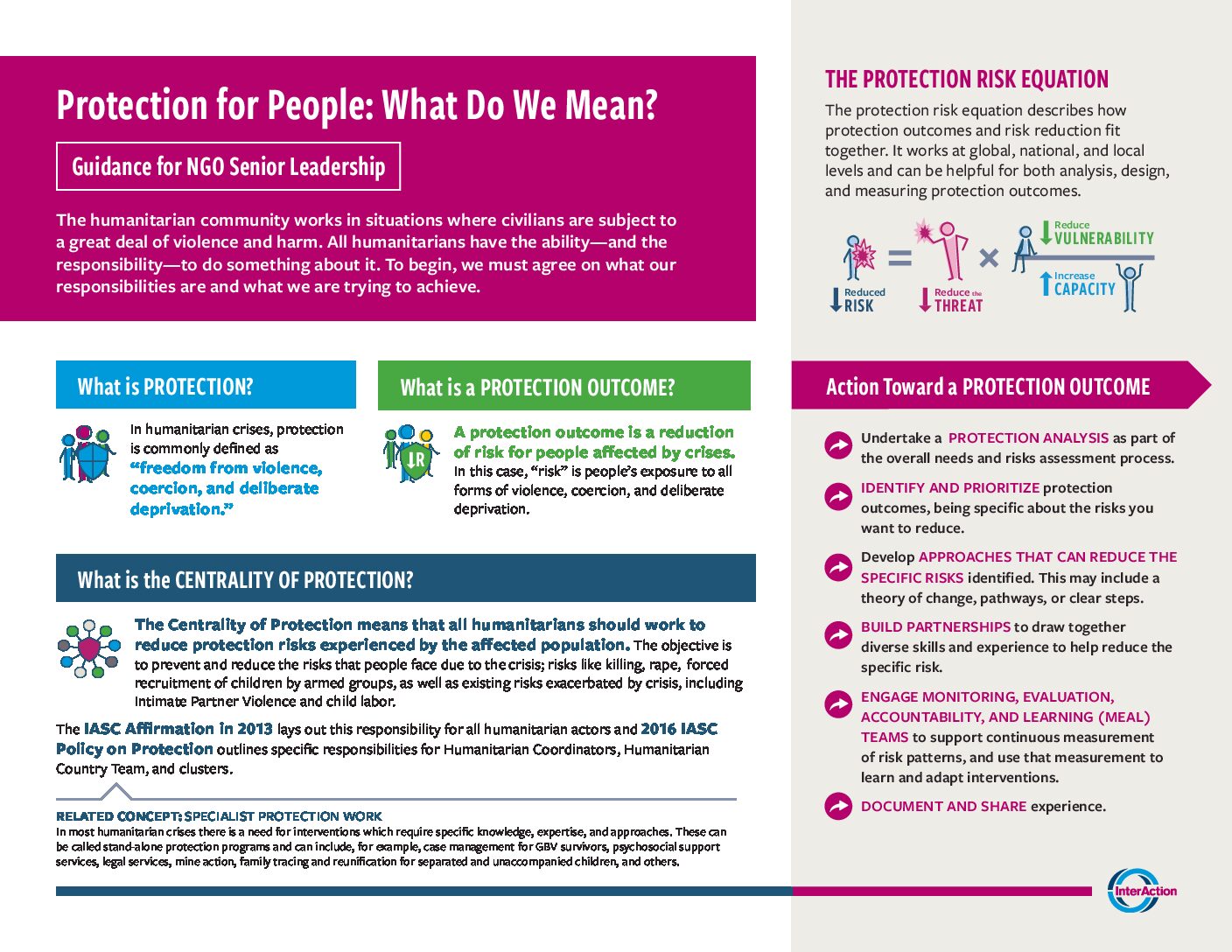 Protection for People: What Do We Mean? Guidance for Senior Leadership
Protection for People: What Do We Mean? Guidance for Senior Leadership
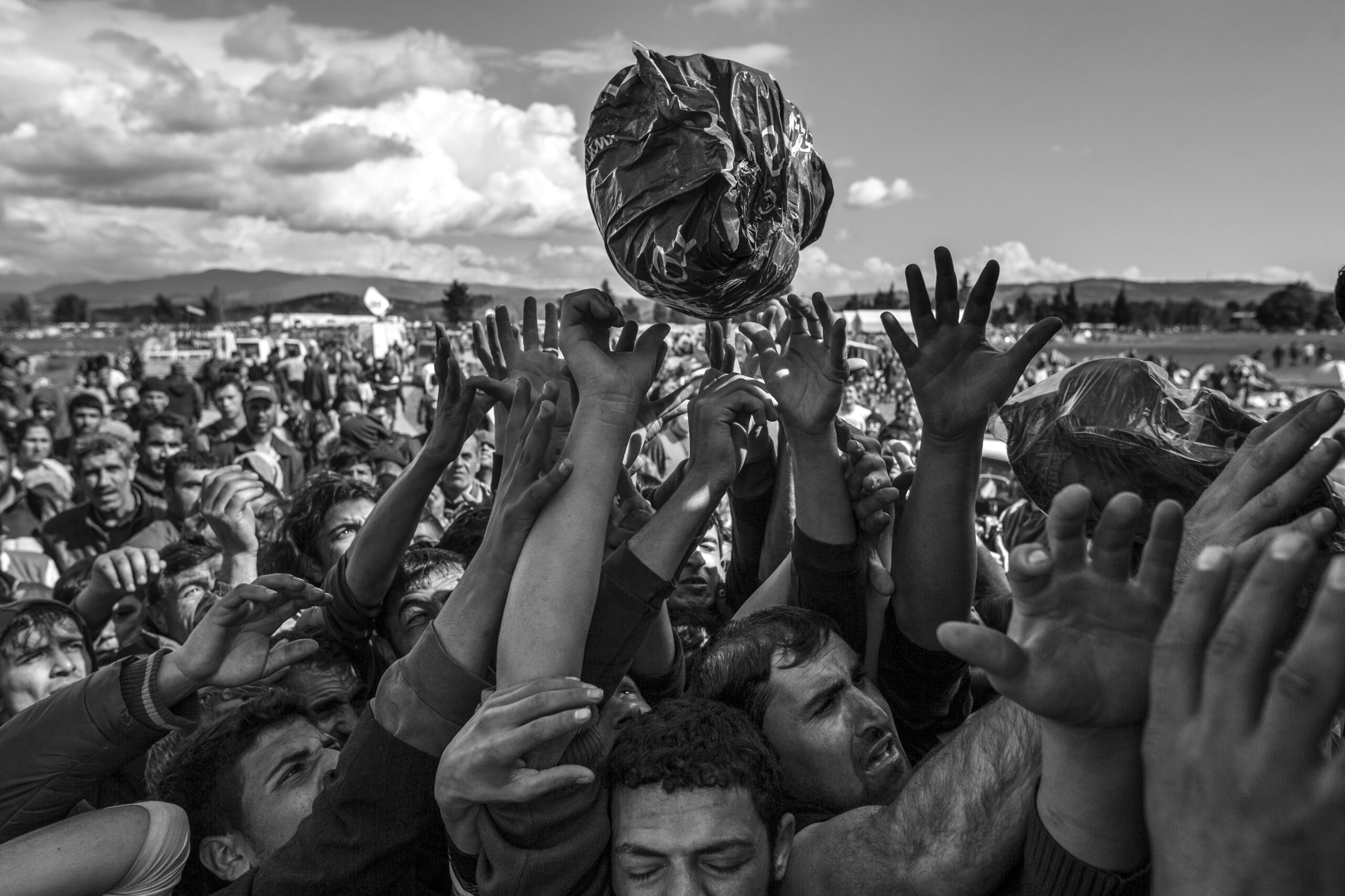
InterAction has published and collected resources including tools, reports, project evaluations, blogposts, and others from Members and partners that promote results-based approaches to protection since 2012; all of which can be found in this resource library. To explore practical case examples of RBP in practice, visit the case example page. Background photo By: Simon Moricz Sabjan is licensed under the CC BY-NC 4.0 license.
InterAction’s Director, Jenny McAvoy details three missing pieces of protection in the humanitarian puzzle.
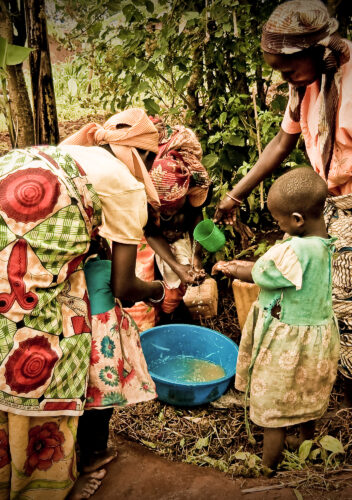
In this blog post, evaluator Barbara Klugman, discusses how social network analysis (SNA) can be a useful results-based method in pursuit of outcomes.

In this American Evaluation Association blog piece, blogger Jessie Tannenbaum teases out what to consider in our evaluation design and planning to ensure effective interlingual communication with affected populations.

In a recent blog post with the American Evaluation Association, the University of British Columbia Learning Lab shared their Voices UP! community theatre approach to make the results of a recent evaluation accessible to a broader community audience.
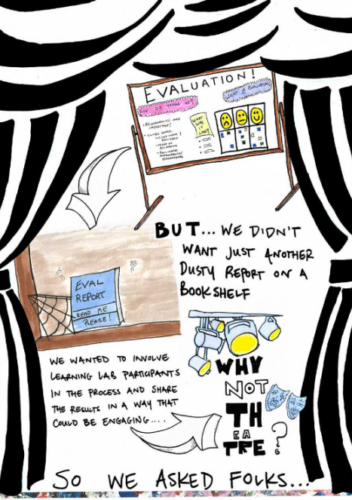
In efforts to cultivate an environment for iterative learning and move us away from “success” and “failure” thinking, the Start Network reflects on recent cases under the Network’s Crisis Anticipation Window, which illuminated valuable lessons in terms of analysis, adaptation, and risk.

This blog explores what community-based protection means and how it relates to Results-Based Protection.
In 2013, at a high-level event, tucked away in a London-based location, heads of state, ministers, and senior leaders from around the world, met to collectively commit to end violence against women and girls in emergencies. Through a Call to Action, mobilizing various actors to make individual commitments to address this violence, the world’s leaders, international organizations like UNFPA and OCHA, and international NGOs decided to break the stalemate and start talking, prioritizing, and mobilizing new ways to address the problem.
With the financial support of the Swedish International Development Agency (SIDA), InterAction commissioned an independent evaluation of its RBP program. The evaluation reviews the RBP program against its strategic objective to determine the relevance and effectiveness of InterAction’s varying RBP activities and efforts.
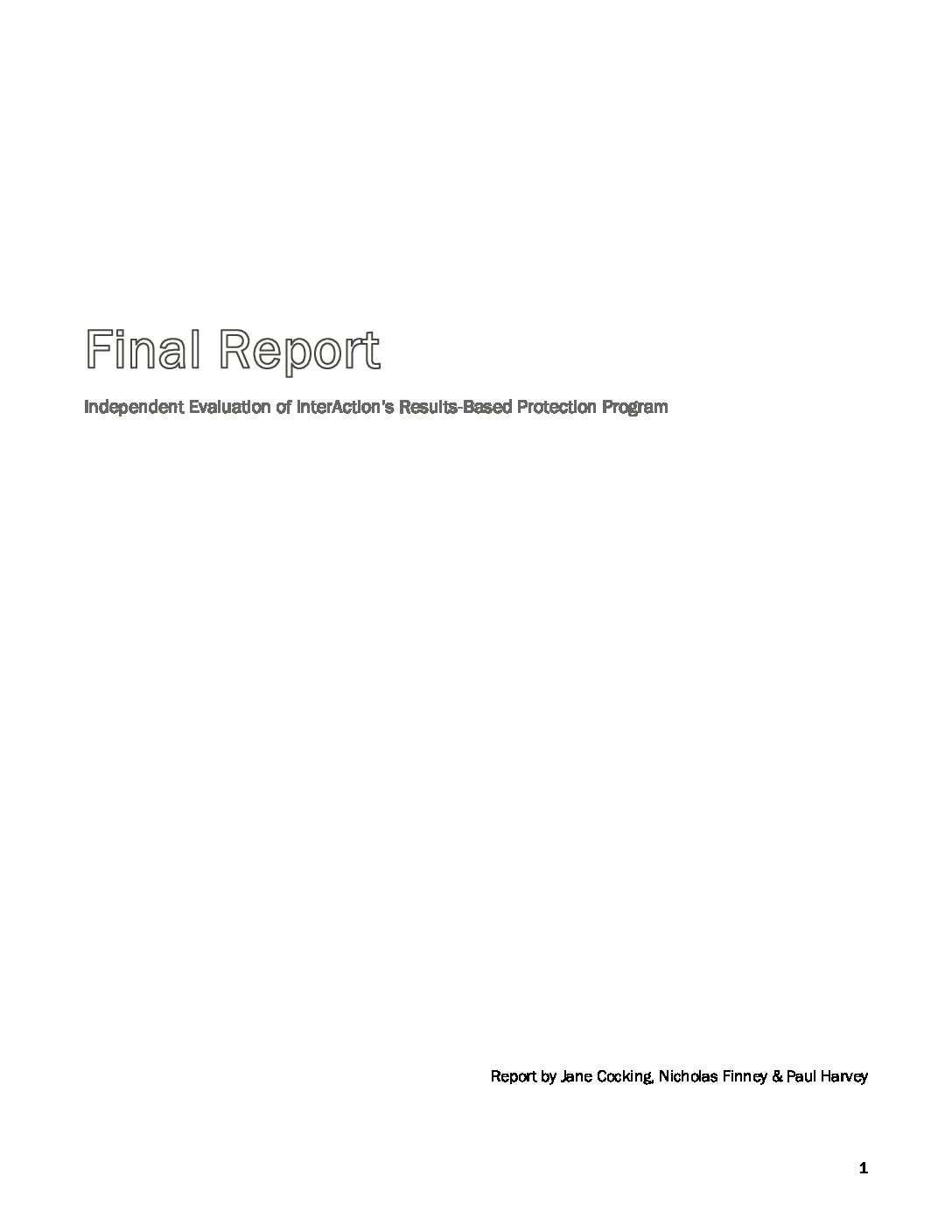
Between June and August of 2020, InterAction held a virtual practitioners’ roundtable, a series of five online sessions titled Getting Practical with Prevention: What does it take to reduce risk?
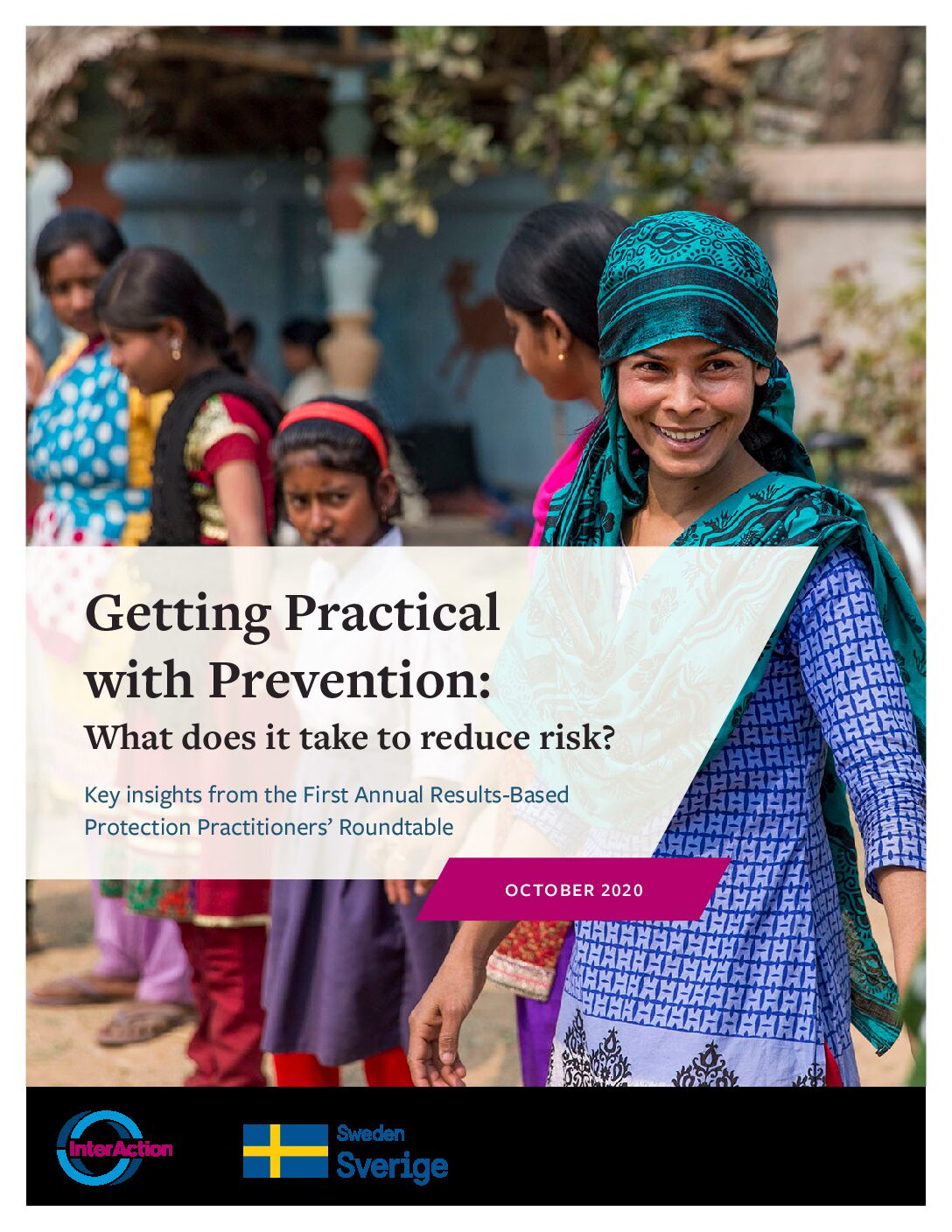
"*" indicates required fields